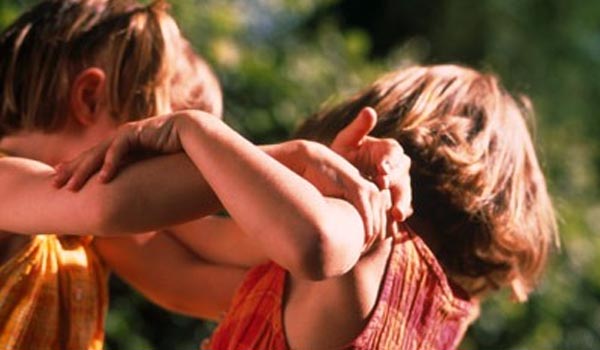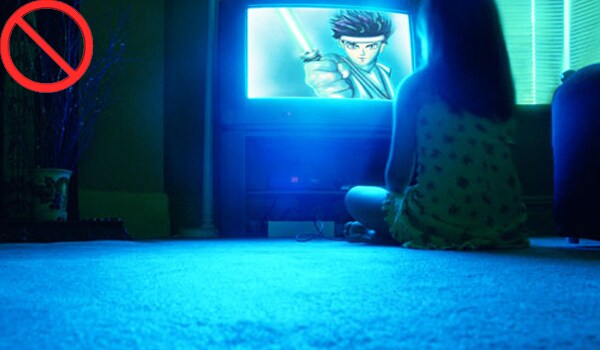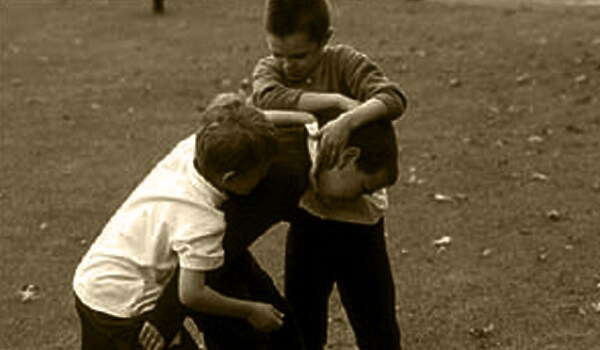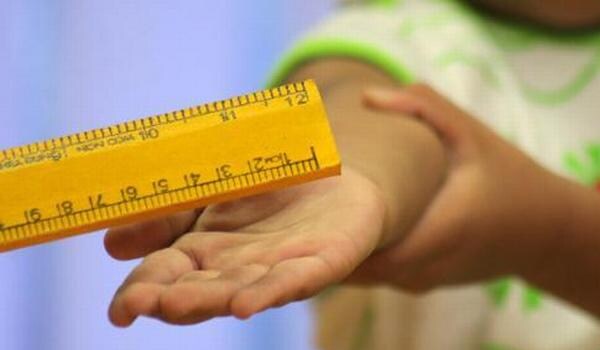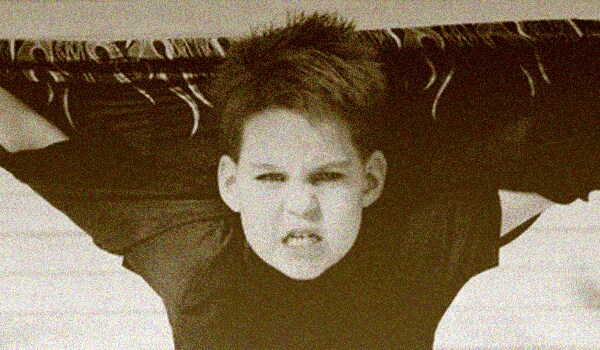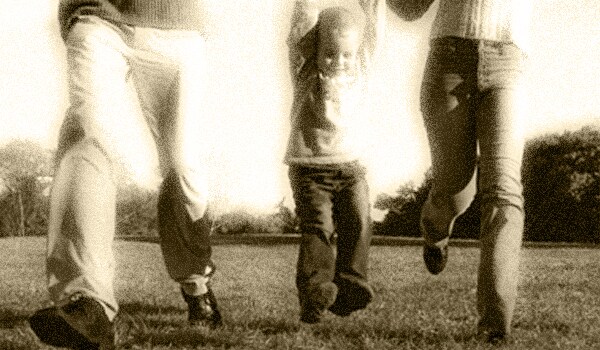Health Photos
-
The child who frequently hits, slaps, and bites other children or other people or destroys toys or objects, exhibits aggressive behaviour that upsets parents and other children. Aggressive behaviour includes intentional breaking of things, pushing, kicking, or hitting others, and verbal abuse of playmates or others with threats of violence, name-calling and swearing.
-
Aggressive behaviour in children is easier to prevent than to eliminate. Lesser the aggressive behaviour a child is exposed to, lesser the likelihood of aggressive behaviour toward others.
-
Avoid television programmes featuring violence.
-
Setting an example for the child is important. The parents should avoid display of aggressive behaviour and refrain from verbal abuse in front of children.
-
Keep the children away from people or playmates who are aggressive.
-
Do not act roughly with an aggressive child. This would encourage aggressive behaviour in the child.
-
Avoid all forms of physical punishment. Spanking, hitting and physical abuse can teach a child to spank and hit others.
-
Acknowledge the child's anger. Very often the child repeats the aggressive act as he wants attention.
-
Hold the aggressive child if necessary to avoid others being hurt. This is when reasoning should be used and the child should be taught alternative ways of behaving.
-
Physical manifestation of parent's feelings of love for the children is important. The children should get cuddling and other forms of physical contact with the parents.


